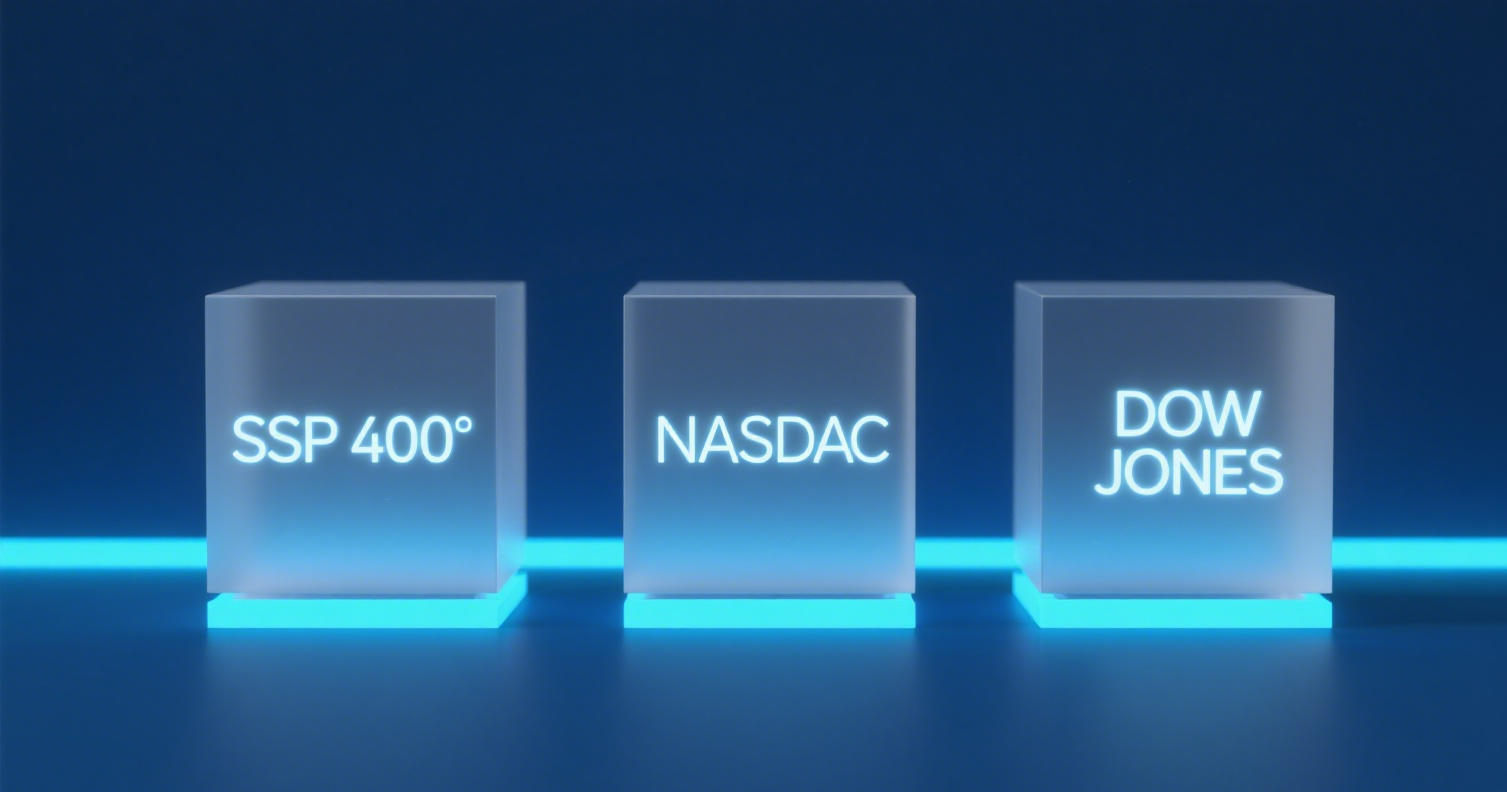
NVIDIA Jetson Thor Debuts – Humanoid Robot Chip Market to Exceed $48 Million by 2028
NVIDIA (NVDA-US) today (26th) launched its new-generation robot brain, Jetson Thor. Research firm TrendForce points out that with companies like Agility Robotics, Boston Dynamics, and Amazon gradually adopting and building ecosystems, the humanoid robot chip market is expected to exceed $48 million by 2028.
NVIDIA Jetson Thor utilizes Blackwell GPU and 128 GB memory to deliver 2070 FP4 TFLOPS AI computing power, which is 7.5 times that of its predecessor, Jetson Orin. TrendForce states that this is not merely a numerical leap but also enables end devices to process vast sensor data and large language models (LLMs) in real time, allowing high-end humanoid robots to truly see, think, and act to some extent.
As hardware and software technologies for humanoid robots continue to evolve, the key application scenarios driving mass adoption remain a focal point for the industry. According to the latest paper released by the International Federation of Robotics (IFR) in the second half of 2025, while the development of humanoid robots varies by country based on technology and objectives, short-term efforts are mostly focused on pilot deployments, mid-term goals involve scaling manufacturing and services, and long-term prospects aim for widespread adoption in household daily scenarios. High-end SoCs play an increasingly critical role in this process.
TrendForce previously stated in its "1H25 In-Depth Robotics Research Report" that global humanoid robots need to steadily enter households around 2032 to truly achieve mass adoption, exceeding 100,000 units, aligning with the phased development proposed by IFR.
As the short- and mid-term application scenarios for humanoid robots become clearer, companies are investing more actively. At the recently concluded Taiwan Robot and Smart Automation Exhibition, companies such as Advantech (2395-TW), Nexcom (8234-TW), and Solomon (2359-TW) showcased products and services built around Jetson Thor.
Additionally, in areas such as servo motors, precision reducers, and advanced sensors, Taiwanese companies are expanding from supplying individual components to offering complete solutions. Some manufacturers have introduced modular functional products, such as quickly integrable vision and sensor modules, allowing developers to assemble and adjust them like building blocks, effectively lowering entry barriers and serving as core value propositions for entering the supply chains of major international companies.
TrendForce notes that although the NVIDIA Jetson Thor series offers powerful performance, its development kit is priced at $3,499, a significant increase compared to the $1,499 price of the previous Jetson Orin. However, as the industry trend aims to reduce humanoid robot prices to facilitate adoption, for companies planning to deploy humanoid robots for relatively simple tasks in the short to mid-term, more affordable chips can sufficiently meet their needs.
















